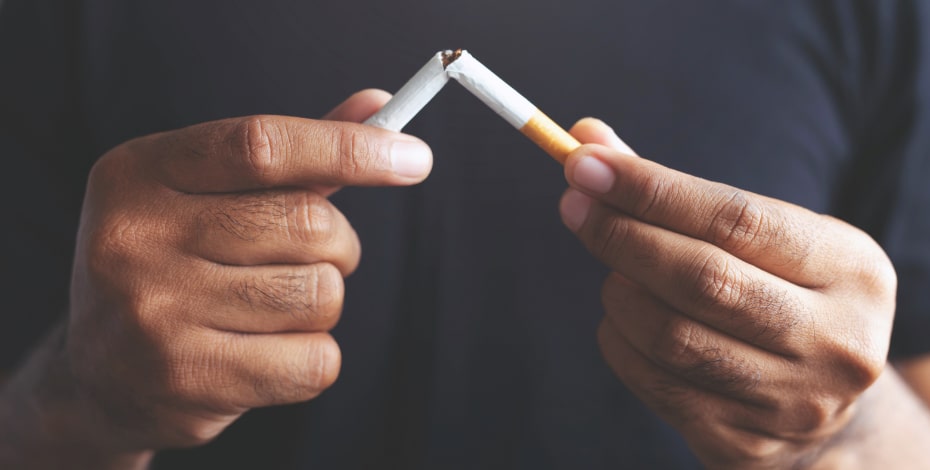
Read the latest research

The October issue of the Journal of Physiotherapy is packed with evidence to answer questions you may have considered in your clinical physiotherapy practice.
What can I do to help my patients to quit smoking?
Smoking cessation advice and support offered by health professionals can play an important role in motivating people to quit.
Physiotherapists are in an excellent position to implement smoking cessation guidelines due to their professional training, the extended time they spend with patients, and the trusting relationships they develop.
Yet many physiotherapists do not initiate conversations about smoking and quitting due to barriers such as inadequate knowledge and training.
An editorial by Nia Luxton and Julie Redfern summarises the state of play regarding brief interventions to motivate and assist patients to make an attempt to quit smoking.
A simple three-step approach is clearly outlined by the authors.
Physiotherapists are also encouraged to link their advice about benefits of a quit attempt to the condition being treated, with a wide range of examples across the subdisciplines of physiotherapy.
Should I recommend strength training to my overweight patients?
Adults who are overweight or obese have lower relative muscle strength and power than their lean counterparts.
This reduces physical function, which may decrease motivation to exercise and thus contribute to a perpetuating cycle of inactivity and weight gain.
A major systematic review from the UK assesses the evidence about resistance training in this clinical population.
By pooling data on over 1400 overweight or obese adults, the review shows that resistance training has a large positive effect on muscle strength and a moderate positive effect on physical function, but its effect on muscle power remains unclear.
Surprisingly, adding calorie restriction to the resistance training may compromise its beneficial effect on physical function.
Should I use Bobath training for the lower limb after stroke?
Bobath training is widely used in some geographical regions as a form of rehabilitation after stroke.
However, a growing body of evidence has challenged its underlying assumptions.
A systematic review by Katherine Scrivener and colleagues uses data from 1190 people after stroke to help resolve this issue.
The review focuses on lower limb outcomes such as activity performance, strength and coordination.
The accumulated evidence shows that task-specific training is more effective than Bobath training for improving walking and lower limb activity outcomes after stroke. It challenges the prioritisation of Bobath training in stroke rehabilitation.
How can I improve my management of patients with knee osteoarthritis?
Knee osteoarthritis is a major cause of joint pain and disability worldwide.
Self-management with exercise and physical activity is a core recommended management strategy.
To minimise unhelpful variation in care, the Australian Commission on Safety and Quality in Health Care developed an Osteoarthritis of the Knee Clinical Care Standard.
Pek Ling Teo and colleagues looked at the experiences of physiotherapists delivering care for people with knee osteoarthritis.
Physiotherapists’ care was mostly aligned with the national Clinical Care Standard, although there were some areas where physiotherapists should not fear to tread.
The study showed that care may be improved by increasing the psychosocial focus of care, offering longer-term reviews, and being more proactive with advice and/or referral regarding weight loss, pain medications and knee surgery.
>> These and other original research papers are supplemented by a diverse range of critically appraised papers, clinical practice guidelines, clinimetric summaries of outcome measures, and other appraisal items. Read the research here.
Clinical Associate Professor Mark Elkins, APAM, is the scientific editor of Journal of Physiotherapy. Follow him on Twitter @JOP_Editor and follow Journal of Physiotherapy @JPhysiother.
© Copyright 2024 by Australian Physiotherapy Association. All rights reserved.





